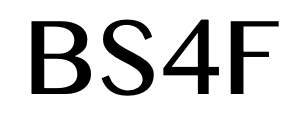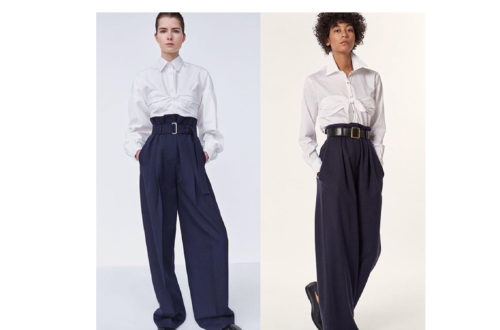A recent article published on Fashionista.com said that many top fashion influencers are now investing significant resources into a new frontier: Youtube.
“According to James Nord, founder of influencer marketing platform Fohr Card, YouTube can be a lucrative platform for content creators, and while the beauty space is already super-crowded with vloggers who have millions of subscribers and command top dollar for product reviews and placements (not to mention those that have scored campaigns with brands like Maybelline and CoverGirl), fashion is still an area that’s ripe for fresh personalities and one where brands are increasingly looking to spend their marketing budgets.”
The problem with this line of reasoning is that it shows a disconnect between consumer, influencer and brand and additionally highlights a disconnect between the various social media platforms.
The first misconception of the article is the idea that Youtube is a new frontier for fashion influencers. Between Claire Marshall, Jenn Im and Evelina (all of whom flaunt followings of millions of subscribers) have been on the platform for years, if not almost a decade.

Another misconception is the assumption that influencer can successfully hop from one platform to another; content that works on YouTube doesn’t always transfer well onto Instagram (and vice versa) so for this reason, it isn’t uncommon to see a large Instagram influencer with a significantly smaller twitter following.
With the increasing amount of advertising dollars being poured into social media, it’s more important than ever for fashion marketers to be able to follow trends in influencer marketing as they happen, but also be able to interpret them correctly.





